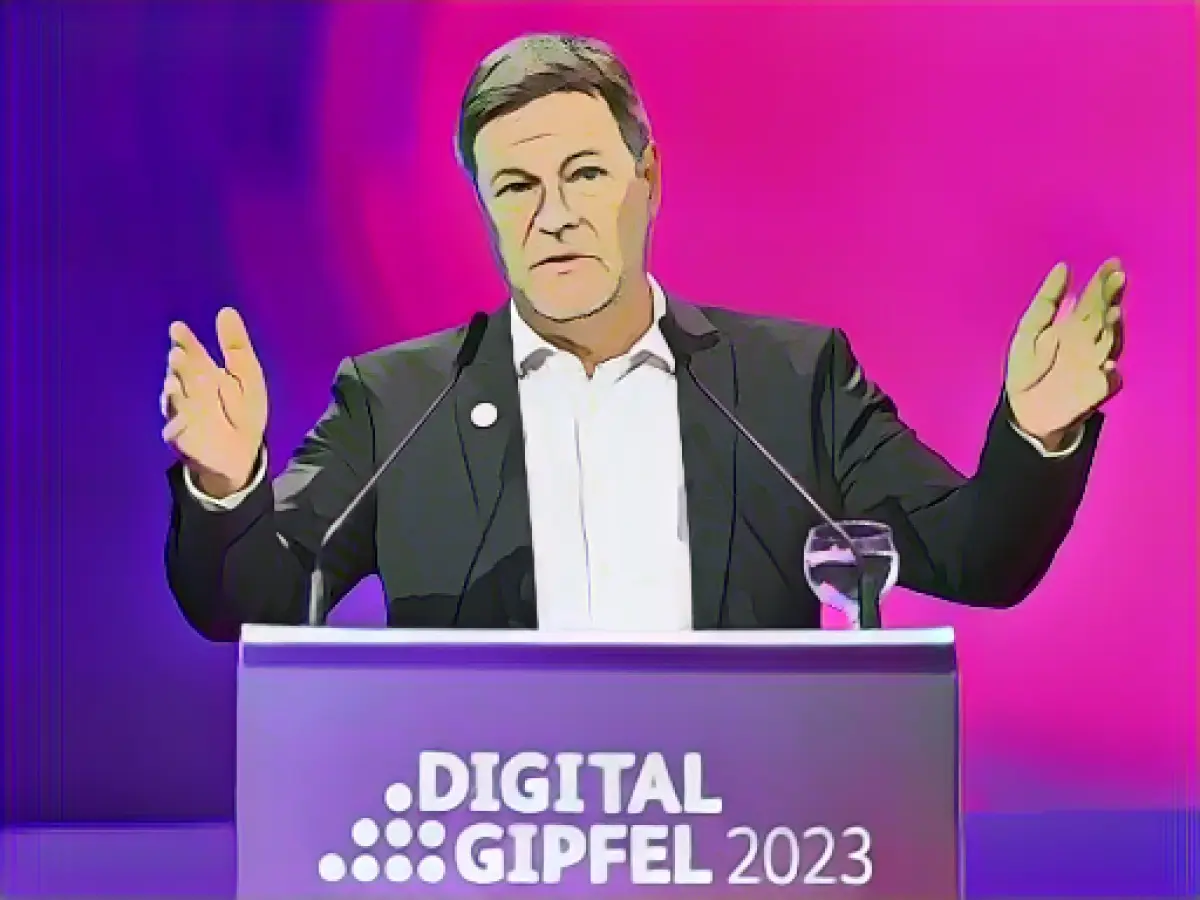AI Brawl at Digital Summit
Different voices on artificial intelligence (AI) regulation clashed at Germany's digital summit. Green Minister Robert Habeck and FDP representative Volker Wissing vehemently opposed restricting the fundamental AI tech, whereas civil society advocates sought strict legal guidelines for the tech itself, not just its applications.
Matthias Spielkamp, co-founder and leader of AlgorithmWatch, cited a recent study proving AI software robots produced senseless responses during Hesse and Bavaria's state elections. Companies had already commercialized these faulty models, which underscored the need for a robust regulatory framework to address AI challenges.
Habeck, however, defended the German government's stance on distinguishing between basic technology and AI applications. He emphasized that every technology could be misused, be it for destruction or construction. "First, we need to have the technology itself to uphold and uphold social values," Habeck said, warning regulators not to go overboard and stifle innovation.
Carla Hustedt, of the Mercato Foundation, called for cautious regulation against following in the footsteps of China and the USA, as they feared being left behind.
Discussions at the summit included the Federal Government's role in regulating information technology, particularly the Internet and telecommunications, and digital progress' impact on society. Wissing highlighted the importance of fostering a conducive digital innovation environment.
In the European Union, AI Act negotiations are ongoing between the Council, Parliament, and Commission. A decision is expected by year's end, with Germany recently aligning with France and Italy to advocate for AI application regulation. However, the EU's largest nations support self-regulation for the basic technology.
Enrichment insights
The EU seeks balance between fostering innovation and safeguarding fundamental rights through proposed AI regulations. This entails options between self-regulation and strict legal frameworks. The EU AI Act focuses on high-risk AI systems and prohibits practices that may threaten rights, such as social scoring, manipulation, and biometric identification.
Key points include:
- Self-regulation; AI Pact, Industry Coordination via non-binding guidelines, EU encourages industry standardization
- Strict Legal Framework; EU AI Act, with a focus on high-risk AI systems, strict risk-based framework, American and Chinese regulation caution
Implementation of obligations occurs in stages, transition periods are provided for high-risk systems, and the approach is dynamic, ensuring AI technology's safety and compliance with EU laws and values. The EU's AI regulation strategy promotes economic competitiveness, regulatory simplification, and flexibility to avoid overly prescriptive, innovation-stifling rules.





